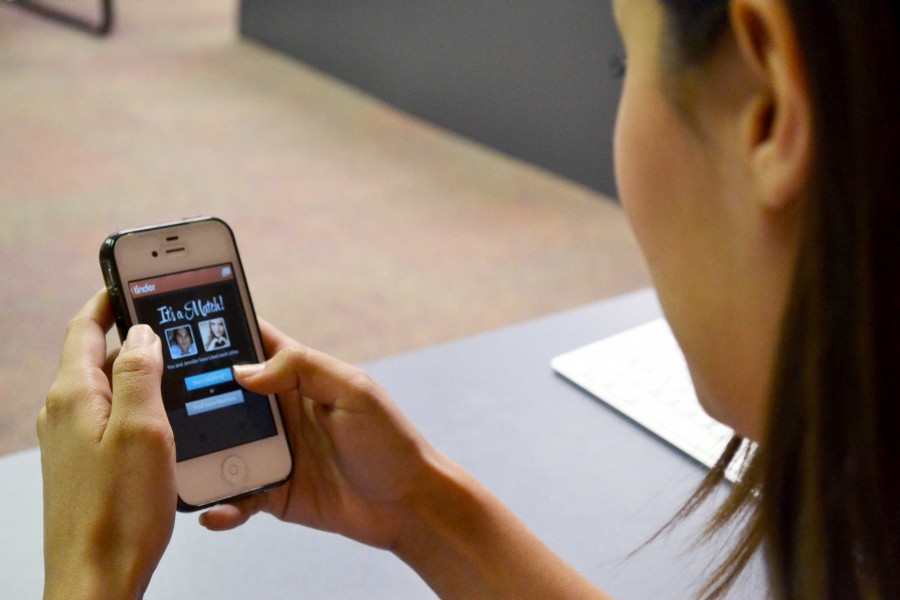The popular dating app “Tinder” launched its premium plus version earlier this month, which charges users who are over the age of 30 more than double for the same service.
Since it was first launched in 2012, the app has had more than 50 million downloads free of charge, but this is the first time “Tinder” is asking its users to start paying for a product.
The subscription service charges $9.99 per month for users under the age of 30 and $19.99 a month for users who are over 30 years old.
In a recent press release, “Tinder” said the charges were based off a combination of factors they found within certain age demographics during the testing trial.
During the test trial, researchers found that younger users are just as excited about “Tinder Plus,” but are more budget-constrained and would pay less for the app.
More than half of “Tinder’s” membership is in the highly desired 18 to 24 age demographic and the app’s developers said they want to maintain their status of attracting a younger age group.
Typically companies are eager to expand their demographic, but “Tinder” is taking the opposite approach as they seek to preserve and protect its youthful demographic with a surcharge on its premium service for those aged 30 and over.
Atzimba Casa, junior cellular and molecular biochemistry major, said she has never used an online dating website before, but assumes the reason for the change is to dissuade trolls and attract serious customers.
“They can do whatever they want if it falls within their policy guidelines,” Casas said. “ I think it’s fair because they are adding regulations to not-so-serious users, so if people are interested and serious about finding someone, they will pay for it.”
“Tinder” allows users to swipe to the right on their smartphone if they’re interested in a person and to the left if they are not. Many users swipe so fast that it’s common to occasionally remove a person they would have otherwise been interested in meeting.
The new features of the premium service allow users to undo swipes, change locations and have unlimited likes on their profile. There is also a passport feature, which allows users to widen their search criteria overseas.
While those are all features users have been asking for, the price change was unexpected.
Leslie Ross, senior organizational and corporate communication major, said having to pay more for a dating service makes her not want to try it.
“Given that it’s an app, I think they are trying to attract a younger crowd,” Ross said. “Younger people are usually more tech savvy than older ones, so the price increase is maybe their way of keeping old people out.”
Based on “Tinder” app terms of agreement policies, the app will begin placing limits on users who have not subscribed to the newer version.
Valerie Herrera may be reached at [email protected].










